Look for Ways to Reduce Interest Rates
Paying off credit card debt can seem like an overwhelming task. Even if you’ve made a budget, you may find yourself struggling to pay off a large amount of debt. One way to make progress on reducing your debt and improving your credit score is by looking for ways to reduce the interest rates you’re paying.
Reducing the interest rate on your credit cards can make a huge difference in how quickly you can pay off the balance and have a positive impact on your credit score. Here are a few creative strategies you can use to reduce the interest rates you’re paying:
- Contact your credit card company – Many credit card issuers are willing to negotiate lower interest rates if you’re a loyal customer with a good payment history. It’s worth a try to contact your credit card company and ask for a lower rate.
- Consolidate your debt – If you have multiple credit cards with high interest rates, consider consolidating your debt into one account with a lower interest rate. You may be able to find a balance transfer offer with a lower interest rate or a personal loan with a lower rate.
- Shop around for a different card – You may be able to find a credit card with a lower interest rate than the one you currently have. Before you apply for a new card, make sure to check for any fees that may be associated with it, such as an annual fee.
- Automate your payments – Many credit card issuers offer a lower interest rate if you set up automatic payments. This can be a great way to ensure that your payments are made on time and can help you save money on interest.
- Consider a secured credit card – Secured credit cards are designed for people with poor or no credit history. They require you to put down a deposit that acts as collateral for the card. If you pay your balance in full each month, you may be able to avoid paying interest altogether.
These strategies can help you reduce the interest rate on your credit cards and make it easier to pay off your debt. The sooner you pay off your debt, the faster your credit score will improve. With a little bit of creativity and persistence, you can find a way to reduce the interest rate you’re paying and make progress on your debt.
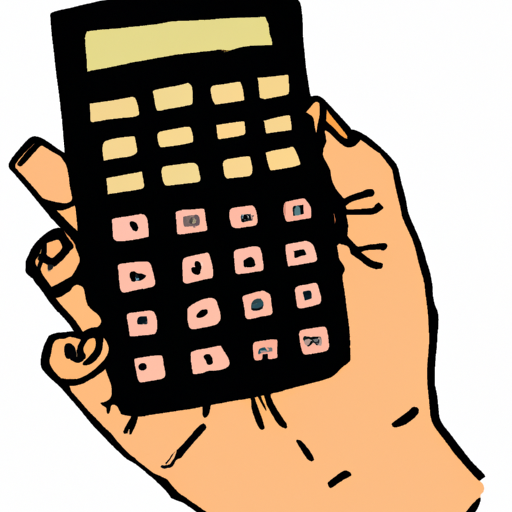
Understand Your Credit Card Debt
Understanding your credit card debt is one of the most important steps you can take when it comes to paying off credit card debt and improving your credit score. Knowing the type of credit card debt you have, the interest rate and the payment structure can help you develop an effective strategy to reduce your debt and increase your credit score.
The most common types of credit card debt are balance transfers, cash advances, and purchases. Balance transfers are when you transfer the balance of one credit card to another. Cash advances are when you use your credit card to withdraw cash from an ATM. Purchases are when you use your credit card to make a purchase.
When you understand the type of credit card debt you have, you can develop a plan to pay it off faster. For example, if you have a balance transfer debt, you can look into transferring your balance to a credit card with a lower interest rate. If you have cash advance debt, you can look into consolidating your debt with a loan or a balance transfer.
When you understand what type of debt you have and how it affects your credit score, you can also make smart decisions about how you use your credit card. For example, if you have a high balance transfer debt, you should avoid using your credit card for additional purchases until you’ve paid off the balance. If you have cash advance debt, you should avoid taking out any more cash advances until you’ve paid off the balance.
You should also review the terms of your credit card agreement. Knowing the interest rate, payment structure, and fees associated with your credit card can help you come up with a plan to pay off your debt faster and improve your credit score.
Finally, it’s important to track your progress. Monitoring your credit card debt and credit score can help you stay on top of your finances and make sure you’re on track to pay off your debt and improve your credit score. You can use online tools like credit monitoring services, budgeting apps, and credit score calculators to track your progress and stay motivated.
In conclusion, understanding your credit card debt is an important first step when it comes to paying off credit card debt and improving your credit score. Knowing the type of debt you have, the interest rate, and the payment structure can help you develop a plan to pay off your debt faster and improve your credit score. Finally, tracking your progress can help you stay motivated and on track to pay off your debt and improve your credit score.
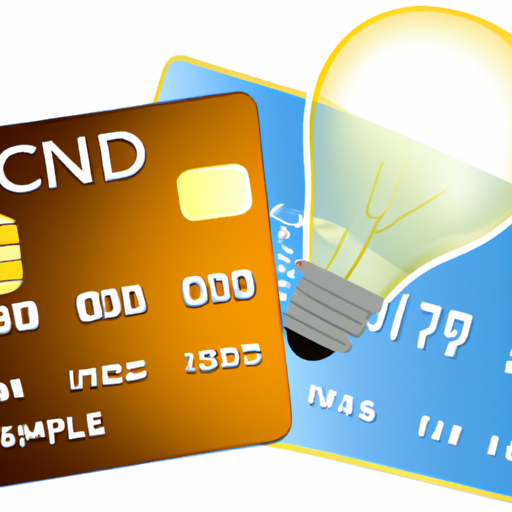
Determine a Budget for Paying Off Credit Card Debt
When it comes to paying off credit card debt and improving your credit score, one of the most important steps is to determine a budget for paying off the debt. Doing so can help you stay organized and on track as you strive to pay off your credit card debt and improve your credit score.
The first step to creating a budget for paying off your credit card debt is to assess your current financial situation. This includes taking a look at your income, expenses, and credit card debt. Once you have a clear understanding of your financial situation, you can better determine how much you can realistically afford to put towards paying off your credit card debt each month.
The next step is to create a budget plan that outlines how much you will need to put towards your credit card debt each month. This budget should include all of your expenses, including rent or mortgage, car payments, insurance, utilities, and other monthly bills. Once you add up all of these expenses, you can then subtract that amount from your income to determine how much you can realistically afford to put towards your credit card debt each month.
It is also important to consider the interest rates associated with your credit cards when creating a budget for paying off your debt. If you have multiple credit cards with high interest rates, it may be beneficial to prioritize paying off your debt with the highest interest rate first. This will help you save money in the long run by avoiding high interest charges.
When creating a budget for paying off your credit card debt, it is important to be realistic about what you can afford and to stick to your budget. This can be difficult, especially if you are dealing with a tight budget. However, it is important to remember that you are working towards a goal of improving your credit score and paying off your credit card debt.
Once you have a budget in place and you are sticking to it, it is also important to track your progress. This can be done by creating a spreadsheet or using budgeting apps that track your spending and help you stay on top of your debt payments. Tracking your progress can help you stay motivated and on track to paying off your credit card debt and improving your credit score.
Creating a budget for paying off your credit card debt is an important step in improving your credit score. By taking the time to assess your financial situation, create a realistic budget plan, and track your progress, you can make strides towards paying off your credit card debt and improving your credit score. Doing so can help you build financial stability and give you peace of mind knowing that you are working towards a better financial future.
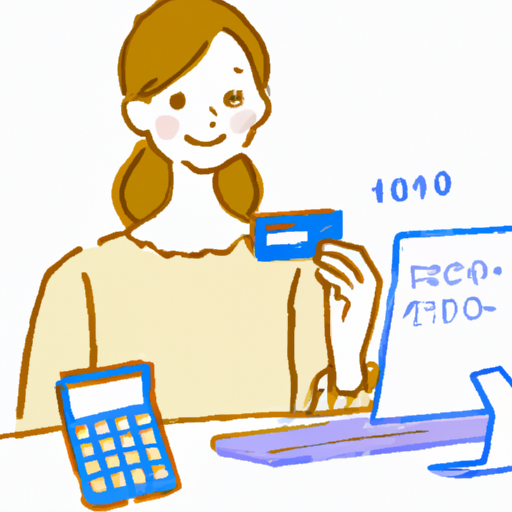
Set Up an Automatic Payment Plan
When it comes to smart strategies for paying off credit card debt and improving your credit score, setting up an automatic payment plan is one of the most important steps you can take. An automatic payment plan is a simple and effective way to ensure that your payments are made on time and that you’re keeping up with your debt repayment schedule.
First and foremost, an automatic payment plan is convenient. You don’t have to worry about missing payments or getting late fees. Instead, the payment will automatically be deducted from your bank account or credit card on the day it’s due, so you don’t have to remember to manually send in the payment.
To set up an automatic payment plan, contact your credit card company and let them know that you’d like to set up a payment plan. They’ll be able to provide you with more information on how to get started. Generally, you’ll be asked to provide your bank account information or provide a credit card that can be used to pay the bill. It’s important to make sure that the card or account you use has enough funds to cover the payments.
Once you’ve set up your payment plan, it’s important to keep track of your payments. Make sure to review your credit card statement each month to ensure that the payments are being made on time. This will help you stay on top of your debt and make sure that you’re on track to pay it off as quickly as possible.
Another advantage of setting up an automatic payment plan is that it can help you improve your credit score. Credit card companies report timely payments to the credit bureaus, so the more on-time payments you make, the better your score will become.
Finally, an automatic payment plan can save you money in the long run. If you make late payments, you’ll likely end up paying late fees, which can add up quickly. Establishing an automatic payment plan can help you avoid these fees and save you money in the long run.
Overall, setting up an automatic payment plan is a great way to pay off credit card debt and improve your credit score. It’s convenient, can help your credit score, and can save you money. So if you’re serious about paying off your debt, setting up an automatic payment plan is an excellent strategy to consider.
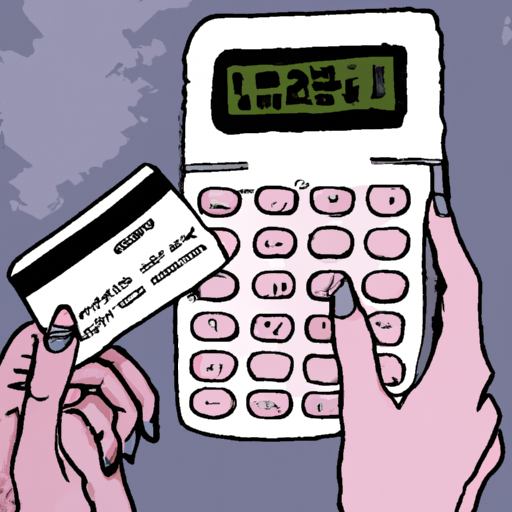
Consider Transferring Your Balance
If you are looking for ways to pay off your credit card debt and improve your credit score, one smart strategy to consider is transferring your balance. This involves moving your credit card balance from one credit card to another that has a lower interest rate. This can help you save money on interest payments, allowing you to pay off your debt faster.
When considering transferring a balance, it’s important to take a few factors into account. First, make sure you are aware of any fees associated with the transfer. Some credit cards may charge a balance transfer fee of 3-5% of the balance you are transferring. Additionally, it’s important to consider if the interest rate you are getting on the new card is lower than the one you are currently paying. If the new rate is higher than the one you are paying, transferring the balance may not be the best option.
To make the most of your balance transfer, look for a card that offers an introductory 0% APR on balance transfers. This will allow you to pay off the debt without accruing interest, saving you money. It’s also important to make sure the introductory period is long enough to pay off the entire balance.
Another strategy to consider is consolidating your debt. This involves taking out a loan to pay off all of your credit cards. Consolidating your debt can help simplify the repayment process, as you will only have to make one payment each month.
In addition to transferring and consolidating your balance, make sure you are paying at least the minimum payment on your credit cards each month. This will help keep your credit score in good standing.
Finally, if you’re having a hard time paying off your credit card debt, consider talking to a credit counselor. They can help you develop a repayment plan, as well as offer tips for managing your finances.
By transferring your balance, consolidating your debt, and making regular payments, you can work to pay off your credit card debt and improve your credit score. With the right strategies, you can develop a plan that works for you and be on your way to a better financial future.
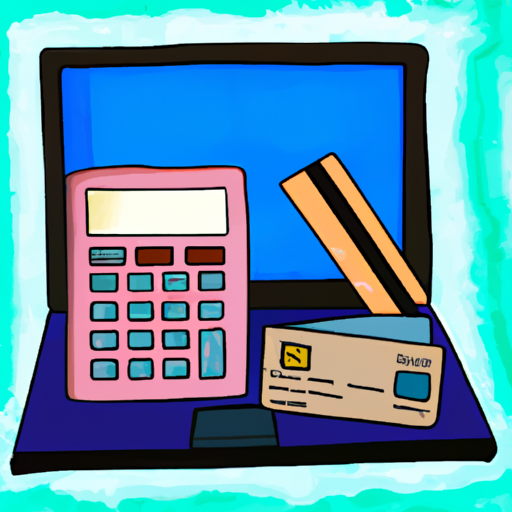
Consider a Debt Consolidation Loan
If you’re trying to improve your credit score and pay off your credit card debt, a debt consolidation loan may be the right solution for you. A debt consolidation loan is a loan that you can use to pay off multiple existing debts, such as credit card bills, medical bills, and other personal loans. Instead of paying multiple monthly payments to different creditors, you’ll make one monthly payment to the lender of the debt consolidation loan.
Debt consolidation loans are especially beneficial if you’re paying interest rates that are higher than the new loan’s rate. Interest rates on debt consolidation loans are usually lower than the average credit card interest rate, making it easier to pay off your debt faster.
Before you decide to consolidate your debt, you should always compare lenders and find the loan with the lowest interest rate and fees. You should also look for lenders that have flexible payment options, so you can choose a loan term that works best for you.
Once you choose a lender and qualify for a loan, you’ll be able to pay off all of your existing debts with the consolidation loan and make one monthly payment to the lender. This can make it much easier to keep track of your payments and avoid missing payments, which can have a negative effect on your credit score.
In addition to making it easier to pay off your debt, debt consolidation loans can also help you improve your credit score. As you make regular payments on the loan, your credit score will improve. When you pay off the loan in full, your credit score will improve even more, as you’ll have a perfect payment history.
Before you apply for a debt consolidation loan, make sure you understand the terms and conditions of the loan. Make sure you can afford the monthly payments and that you’ll be able to make them on time. If you’re not sure if a debt consolidation loan is the right option for you, you can always speak to a credit counselor for advice and guidance.
Debt consolidation loans can be a great way to pay off credit card debt and improve your credit score. It’s important to research different lenders and compare rates and fees to make sure you get the best deal. And, if you’re struggling to make your monthly payments, don’t hesitate to reach out to a credit counselor for help.
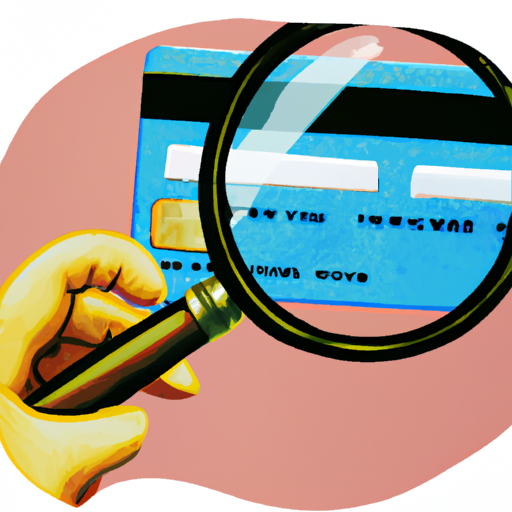
Stay on Track with Your Plan
When it comes to paying off credit card debt and improving your credit score, consistency and dedication are key. Many people will start off with a plan to pay off their debt, but then quickly get discouraged when they find themselves not making the progress they expected. To stay on track with your plan and reach your goals, consider the following strategies.
First and foremost, create a realistic budget. This means understanding your income and expenses and how much you can allocate each month towards your debt repayment. This will help you stay on track and will also help you avoid any unexpected fees.
Second, automate your payments. This will help you stay consistent and make sure you always make your payments on time. Automating your payments will also help you avoid any late fees or penalties.
Third, create a plan to pay off your debt in the most efficient way. This could be by paying down your highest interest debt first, or consolidating your debt into one payment. Whatever you choose, make sure it’s something you can stick to in the long run.
Fourth, set up a reminder for yourself each month to check in with your progress. This could be an email, a text message, or a calendar reminder. This will help you stay on top of everything and ensure that you stay on track with your plan.
Fifth, reward yourself along the way. This could be something small, like a movie night or a cup of coffee. Doing something to reward yourself will help keep you motivated and on track.
Sixth, enlist the help of a financial advisor or credit counselor if you need it. They can provide you with personalized advice and strategies to make sure you stay on track with your debt repayment.
Seventh, create a plan for what you will do once you’ve paid off your debt. This could include saving for a down payment on a house, investing for retirement, or starting a business. Having a plan for the future will help you stay motivated and focused on your goal.
Finally, stay positive. Paying off debt can be a difficult process, but if you stay focused and dedicated, you will reach your goal. Trust yourself and believe in your abilities to make a successful plan. With these strategies, you can stay on track and pay off your debt in no time.
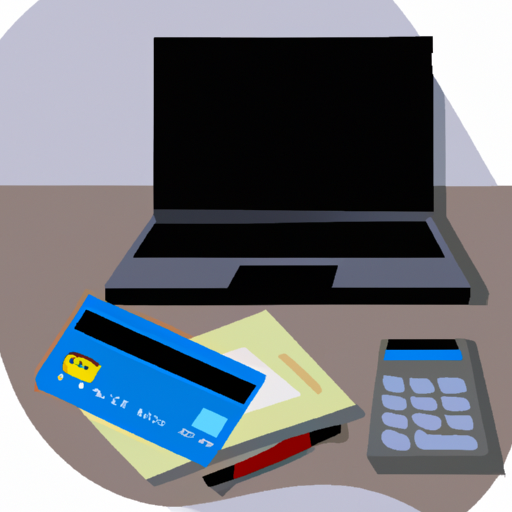
Pay More Than the Minimum Balance
Paying off your credit card debt may seem like a daunting task, but it doesn’t have to be! With some smart strategies, you can make progress in paying off your debt and improving your credit score. One of the most important strategies for paying off debt is to pay more than the minimum balance due each month. Paying more than the minimum balance due helps reduce the amount of interest you pay, and can help you pay off your debt faster.
When you pay more than the minimum balance due each month, you can significantly reduce the overall cost of your debt. Interest is calculated by multiplying the interest rate by the amount of the balance due, so the more you pay, the less interest you will owe. This means you can save a significant amount of money in the long run by paying more than the minimum balance each month. Additionally, the more you pay each month, the less time it will take to pay off your debt.
To make sure you’re paying as much as you can each month, it’s important to create a budget and stick to it. Start by tracking your spending for a few months so you can see where your money is going. Once you have a better understanding of your current spending habits, you can make adjustments to free up more money to pay off your debt. Make sure to prioritize paying off your debt over other expenses, such as going out to eat or buying new clothes.
You can also consider consolidating your credit card debt. This can be beneficial because it can help you save money on interest and make it easier to keep track of your payments. When consolidating your debt, you’ll be able to roll multiple credit card debts into one loan with a single interest rate and monthly payment. Just make sure to do your research before consolidating your debt, as it may not be the right solution for everyone.
Paying more than the minimum balance due each month is an important strategy for paying off credit card debt and improving your credit score. It can help reduce the amount of interest you pay and ultimately help you pay off your debt faster. Start by creating a budget and tracking your spending to free up more money for debt payments. You can also consider consolidating your debt to help save money on interest and make it easier to keep track of payments. With these strategies, you can make progress in paying off your debt and improving your credit score.


